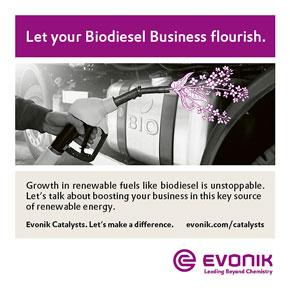Abu Dhabi claims world’s first bioenergy facility to produce both food and aviation fuels
The Sustainable Bioenergy Research Consortium (SBRC), a non-consortium supported by Etihad Airways, Boeing and Honeywell UOP, claims that it will soon launch the world's first bioenergy research facility using desert land, irrigated by seawater, to produce both food and aviation fuels in Abu Dhabi.
The facility will be launched in March and is located on a two-hectare site at Masdar City — a low-carbon sustainable urban development in Abu Dhabi.
According to the SBRC, the 20,000 square-metre bioenergy pilot plant will include saltwater aquaculture ponds where fish and shrimp will be grown.
Water from the ponds, including nutrient-rich waste produced by these fish, will be used to irrigate and fertilise salt-tolerant halophyte plants that will then be harvested and turned into aviation biofuel and other products.
Flowing from the halophyte fields, the seawater will also nourish a wetland planted with mangroves – a plant that serves as a natural carbon sink to absorb carbon dioxide from the air.
'Game-changing research'
Behjat Al Yousuf, interim provost, Masdar Institute of Science and Technology, told local website GDN online: "This game-changing research places Abu Dhabi at the centre of a global movement to advance technologies to produce sustainable, commercially viable bioenergy.
"Abu Dhabi's commitment to advance breakthrough research that addresses water and food security – with tremendous growth potential – underpins the nation's transformation into a knowledge-based economy."
He added: "Considering that 97% of the world's water is salt water and about 20% of the world's land is desert, this approach turns a land and water resource scarcity problem on its head.
"Already, this research is attracting significant interest from other water and arable land-constrained countries."
The research facility is a platform to explore the commercial viability and scale-up potential of an integrated, sustainable bioenergy system that produces food and fuel, without using arable land or fresh water in a desert environment, the SBRC said in a statement.
Mariam Mohammed Saeed Hareb, assistant undersecretary of Water Resources and Nature Conservation Affairs with the Ministry of Environment and Water, said: "This project in particular is quite unique, and the Ministry is pleased to support it.
"It was designed as an integrated bioenergy system specifically to eliminate the major criticisms levelled against large-scale biofuel production – that it diverts agricultural production away from food crops, competes for scarce fresh water sources and uses land that could grow food."












